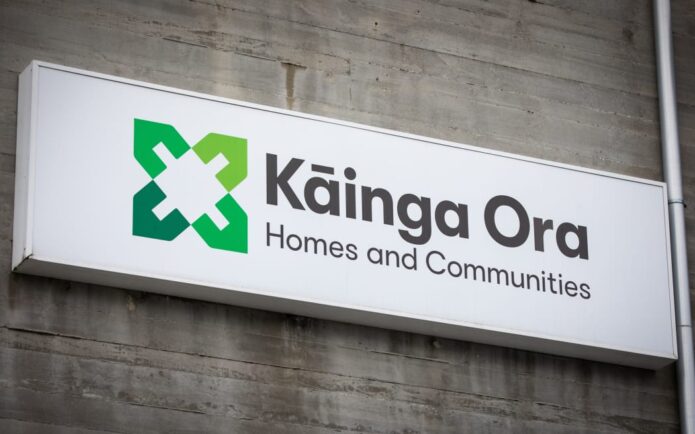PHOTO: Zachary Daniels
Scentre Group Eyes Transformative Shift in Housing Market with Westfield Developments
In a groundbreaking move that could redefine urban housing, Scentre Group, one of Australasia’s largest shopping centre operators, is exploring the potential to build residential apartments atop its Westfield shopping centres in New Zealand and Australia. This bold strategy aims to address housing shortages while unlocking long-term growth opportunities for the company.
Housing Meets Retail: A Vision for the Future
Scentre Group owns and operates 42 Westfield shopping centres, spanning 670 hectares across New Zealand and Australia. These locations, strategically placed in civic and transport hubs, are uniquely positioned to support mixed-use developments.
Elliott Rusanow, Scentre Group’s Chief Executive, emphasized the strategic alignment of the proposal:
“Our Westfield destinations are located in and around existing civic and transport hubs—places where densification is already occurring. These substantial land holdings, combined with their strategic locations, have the potential to address housing supply issues in both countries.”
Rusanow’s vision aligns with growing governmental efforts to boost housing stock. Recent policy changes, such as build-to-rent (BTR) tax incentives in New Zealand and zoning reforms in Australia, aim to encourage significant housing development to counter rising demand.
From Retail Hubs to Residential Communities
The group’s flagship centres, including Westfield Newmarket in Auckland and Westfield Hornsby in Sydney, are at the forefront of this initiative. These centres already benefit from robust infrastructure, including public transport connectivity, making them prime candidates for residential expansion.
Notably, Westfield Hornsby received zoning approval to increase its height limits from 8 to 53 stories, with plans to incorporate up to 6,000 new residential units. Similarly, Westfield St Lukes in Auckland could see transformative development, adding much-needed housing to urban centres.
Urban Taskforce CEO Tom Forrest praised the adaptability of the initiative, stating:
“A planning system that is flexible can balance the oversupply of office space with the housing shortage, leveraging one challenge to address another.”
The Westfield mall in Auckland’s Newmarket. Photo: Google Maps
A Focus on Build-to-Rent Housing
Scentre Group is reportedly eyeing the build-to-rent (BTR) model for its developments. This model, which offers tenants long-term rental security in high-quality accommodations, has gained popularity for addressing urban housing needs.
Hal Pawson, Associate Director at the University of New South Wales City Futures Research Centre, highlighted the suitability of shopping centre locations for such developments:
“If well-located near public transport, these sites are ideal for BTR housing, particularly for young professionals seeking urban convenience.”
Balancing Opportunities with Challenges
While the potential for housing development atop shopping centres is immense, there are hurdles. Critics question whether these developments will truly address affordability issues or serve as profit-driven ventures for Scentre Group.
Local residents have voiced mixed reactions. Hornsby worker Elliot Vivian praised the convenience of living near a major retail and transport hub:
“Everything’s nearby—Coles, Woolies, the train station. You can go to the city, the coast, or the airport. It’s all at your fingertips.”
However, others remain skeptical. Hugh Irish expressed concerns about the broader implications:
“I don’t think shoving up high rises is the solution. These projects might benefit developers more than the people who really need affordable housing.”
Similarly, Auckland resident Sue Barca voiced doubts:
“It will not help the poor people. So many need homes, but they still won’t be able to afford them.”
The Road Ahead
Scentre Group’s plan to integrate residential developments into Westfield centres represents a bold step in tackling housing challenges. By leveraging prime urban real estate, the company could provide innovative solutions to housing shortages in New Zealand and Australia.
Whether these projects succeed in balancing affordability and profitability remains to be seen. However, one thing is clear: the fusion of retail and residential spaces is a trend poised to reshape urban living.
As New Zealand grapples with housing demands, all eyes will be on Scentre Group’s developments, particularly in major urban centres like Auckland. These projects could signal a shift in how cities address housing needs in a time of unprecedented demand.
SOURCE: RNZ














